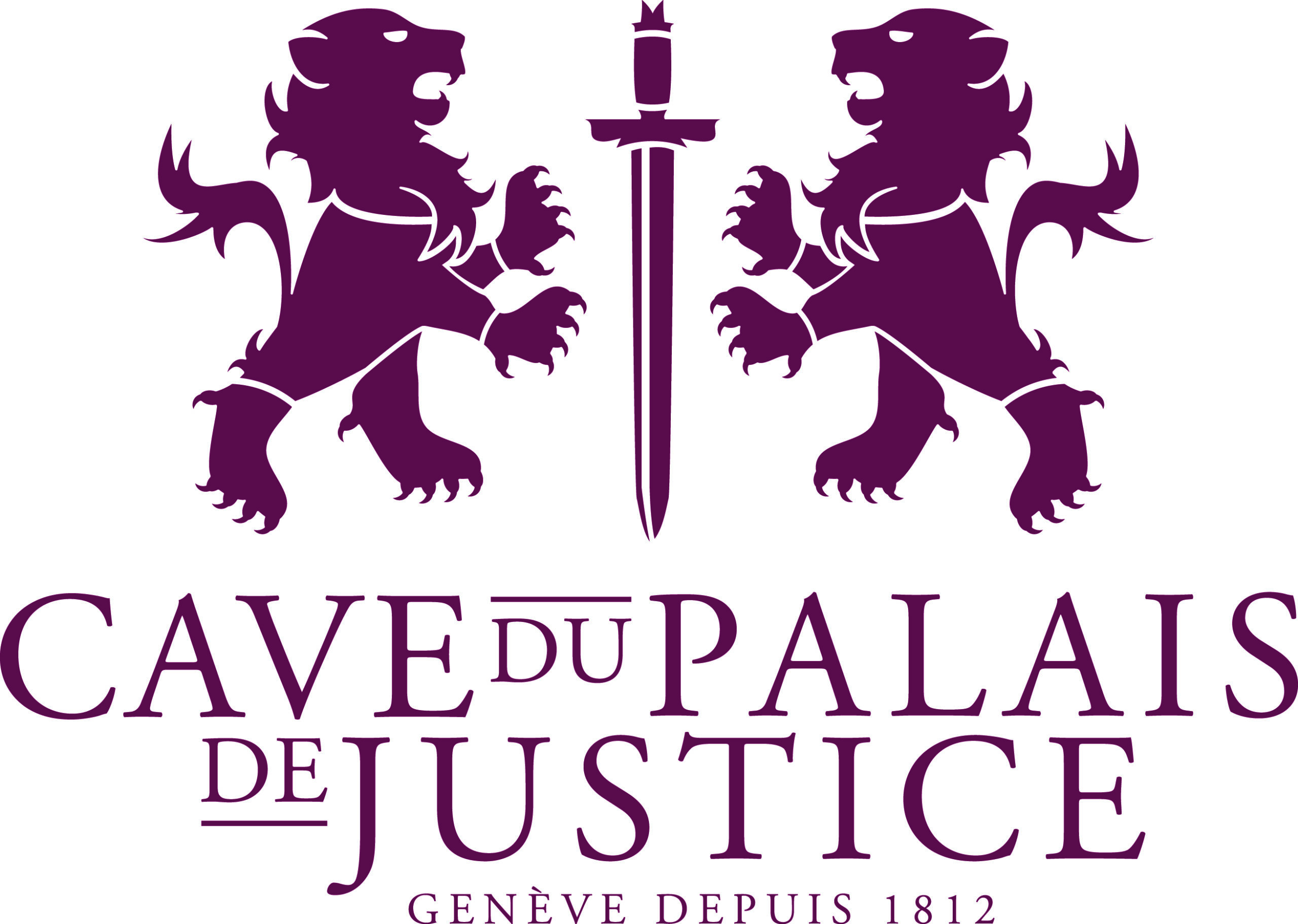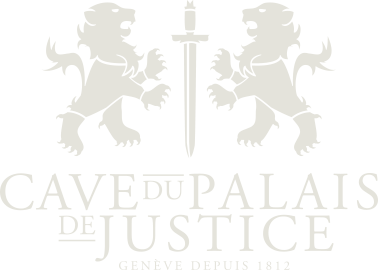No products in the basket.
Let's talk economics on Radio Lac. Hello David, you're in charge of the cellar at the Palais de Justice, alongside Yann Azeri, the founder and manager of the Cave des Poètes. As you can imagine, we're going to be talking about wine and, above all, specialist shops.
So, first of all, a few introductions. I won't hide the fact that it's perhaps a little easier for the Cave du Palais de Justice, because thanks to the name, at least we know where you are, i.e. in the old town, place du bourg de four, under the Palais de Justice.
A lot of people think it's not very big, but it's actually over one hundred and eighty square metres inside. As you walk through the doors and into the back of the shop, you can see that bottles are being made. There's something for everyone.
What do you find particularly attractive? Do you have a target or niche?
A big emphasis on Geneva wines and Swiss wines in general, but we have wines from all the regions. I'm thinking of the classic Bordeaux or Burgundy, which is really the region in greatest demand, just after the volume of sales of Geneva wines. It's Burgundy and we also specialise in spirits - I'm even an amateur whisky and rum collector. I work with over four hundred whiskies and around a hundred rums.
Well, I'll say it straight away, alcohol abuse, all that, all that, you have a little drink, you don't drive, you're used to it. But as I said, it's the clientele. Whether it's private, corporate or premium. Because today, finding wine in Geneva is not complicated.
It's true that there are a lot of players in Geneva at the moment. I think we also need to segment our customer base. It's a local business with which there's ultimately a very intimate bond, with people you know. The others are restaurants and businesses. I would say that this percentage is increasing. But today, if I have to describe the cellar, it's a local business with a social link. A social link, because today, as we know, that's no surprise. Supermarkets also offer a range of wines, some of them very attractive, at prices that are supposed to be competitive.
That's still mass retail.
So what is the added value of something like the courthouse cash desk?
It's about personalised service and advice. We're lucky enough to select all our own wines and spirits. So it's all down to tasting. So there you have it, we're going to be able to produce it. And we do have a local clientele, so we follow people, we know their tastes, we gain their confidence that at some point they will dare to lower the prices that we offer them, knowing their tastes.
So it's really thanks to this that we have customers who come and come again. We're talking about things that are a bit different. We're going to treat ourselves. There's the bottle that people buy on a day-to-day basis for their weekday wine, where in fact we may be seeing the price drop a little at the moment in the current economic climate. But on the other hand, as soon as there's an event to celebrate, as soon as there are company meetings, we can immediately see some very pretty things.
People still indulge themselves. We're approaching an important period and there are times, perhaps for more daily consumption, when we pay attention. So for me, prices are really at the heart of my approach.
The end-of-year festivities are undoubtedly a peak for events. I don't know, I'm thinking of Valentine's Day or things like that, it works like that or you have to offer events yourself for the rest of the year to ensure a certain volume of sales.
It's a huge part of our business and all the rest of the year. We mustn't fall asleep. We also have to continue to advise and welcome customers and offer tastings on a regular basis. We need to build customer loyalty and encourage them to open up and try lots of different things.
It's all very Swiss, this relationship we have with wine.
I have the impression that we like to have a drink. When they refuse, they say Oh, look at him, so he doesn't want a glass. There's something quite special about wine in Switzerland.
I think there's a culture, a culture of aperitifs. There's a culture of toasting to a glass of sharing here in Geneva, here in Switzerland. And so it's true that today, Geneva wine is increasingly at the heart of our shops, at the heart of consumption.
So advice and product knowledge on the part of the professional make all the difference. More and more, we're managing to understand the consumer's expectations.
Let me remind you that you don't set off on a chasselas, it's not a destination.
How do you position yourself when you're something, an ultra-local place, We're going to differentiate ourselves anyway in relation to our local customers. We still have a wide range of products, whereas when it comes to wholesalers, we're going to be much more focused on a much more limited range, as they'll have a certain volume. But there will still be much less of a range.
Let's talk about the end of the year, we're slowly getting there, is it still an end of year gift to offer wine or are we moving less towards this type of product with the changes I'm seeing, whether it's diets for example. Maybe we're going to do other things in companies, and for my part I'd say that selling wine is a gift.
Generally speaking, it's maybe a third of what I offer and what I sell. And then, of course, the end of the year is, um, a wonderful time for wine, because it has a price, it has a fleeting price. It's a product that you give as a gift and that you often want to taste, with the person who could also have given it to you.
And it has to do with gastronomy, it has to do with taste. And it makes perfect sense to me. I think it's always more effective to offer wine. Here's a little tip. When someone gives you a bottle of wine, put a post-it note on it with the name of the person who gave it to you. That way, when you taste it, you can send them a photo.
There's something very Genevan about wine and very wine-like about Geneva. There are some excellent vintages outside our borders, of course, but I think that in Geneva we've rediscovered a wine-growing terroir of immense richness, with products that cover an extremely varied range and that are being emulated because the public is there. In fact, most Swiss wine is sold to domestic customers. We export just one per cent of our production.
The current trend is towards organic, biodynamic and natural wines.
Note that winegrowers can work biodynamically or organically without being labelled. This comes at a cost. It's a risk for them too. It's up to us to know, to get to know the winegrowers. And then, once again, with the consumer we gain their trust and they'll follow us on this.
So that's a big trend. The regions, the great south-west of France, are really, really developed. Today, we still have very good quality wines at good value for money. And then there's the reputation of Burgundy. But there, prices soar quickly. So that's another reason why it's a good idea to buy local sometimes.
There are also events to look forward to at the end of the year. Go and meet the people who make wine and do so in places like the cellar of the Palais de Justice, the cellar of the poets who know them, who also receive them.
We still have four events on offer between now and the end of the year. We're already booked up for a champagne masterclass next week. Then a whisky masterclass. We counted this morning, and we'll have around thirty whiskies on the twenty-third of November, finishing with the long-awaited champagne evening.

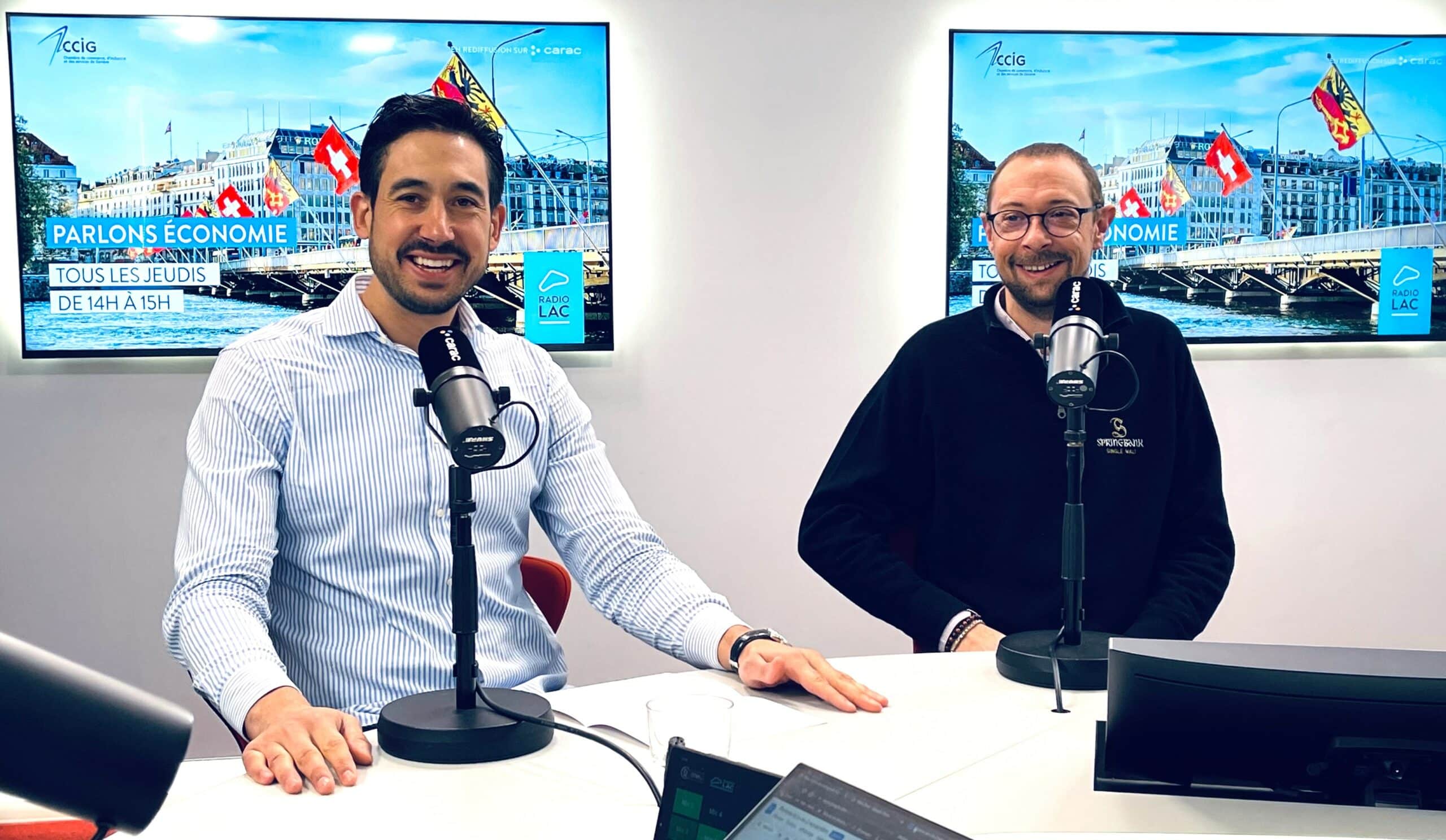
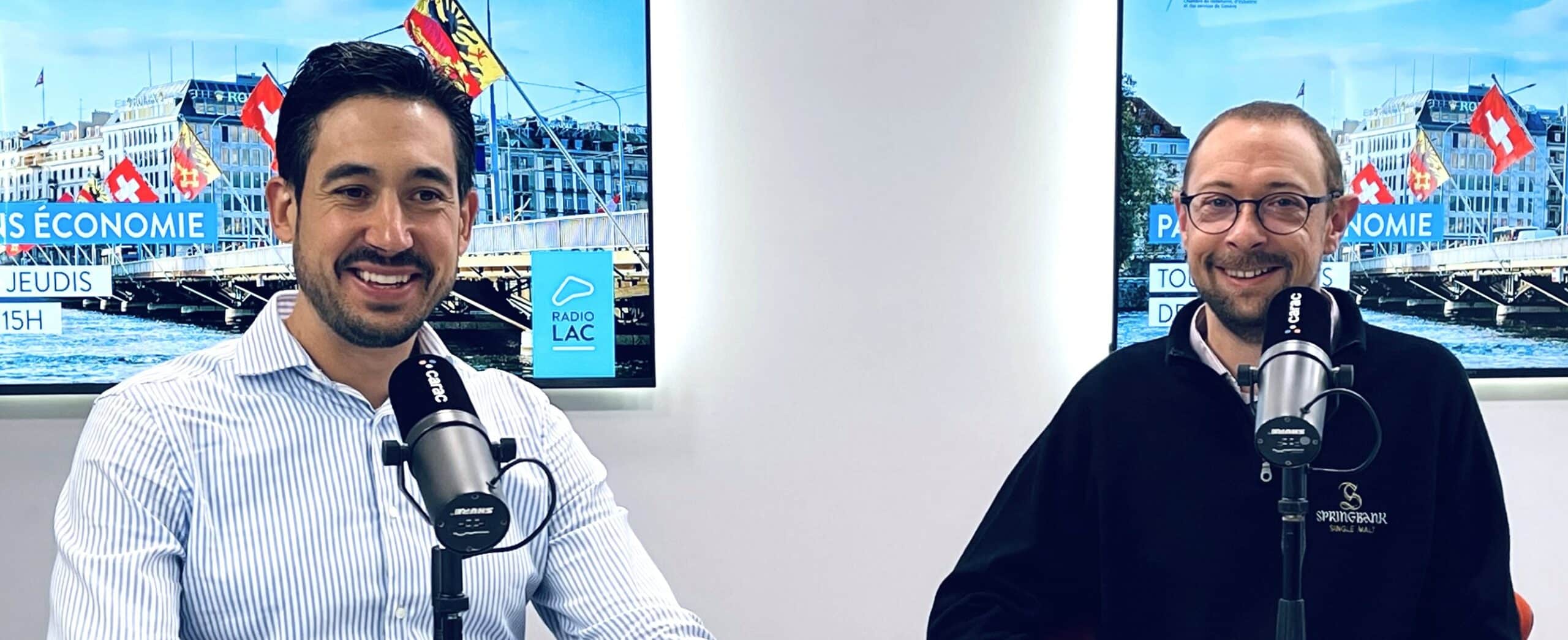
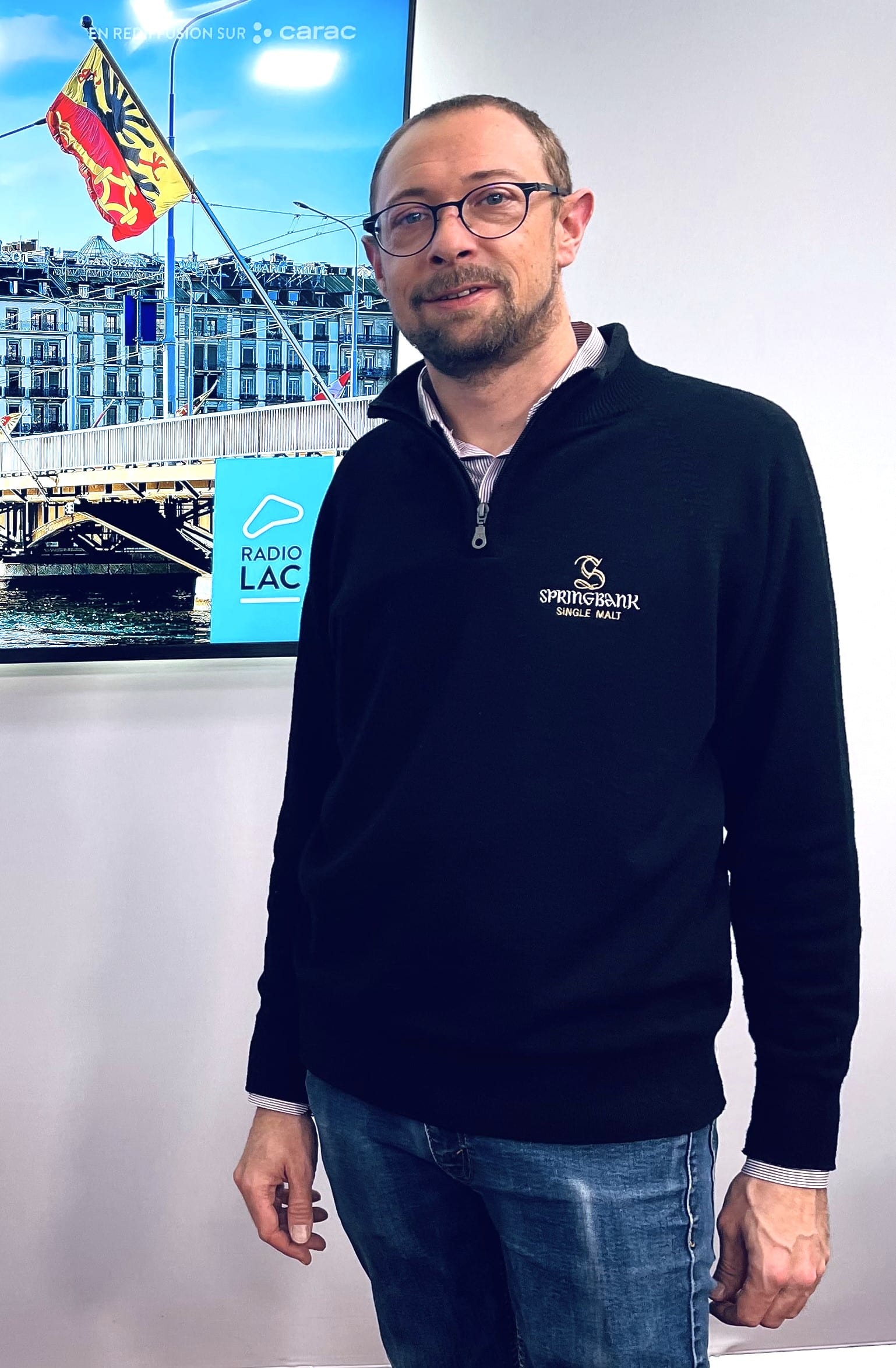
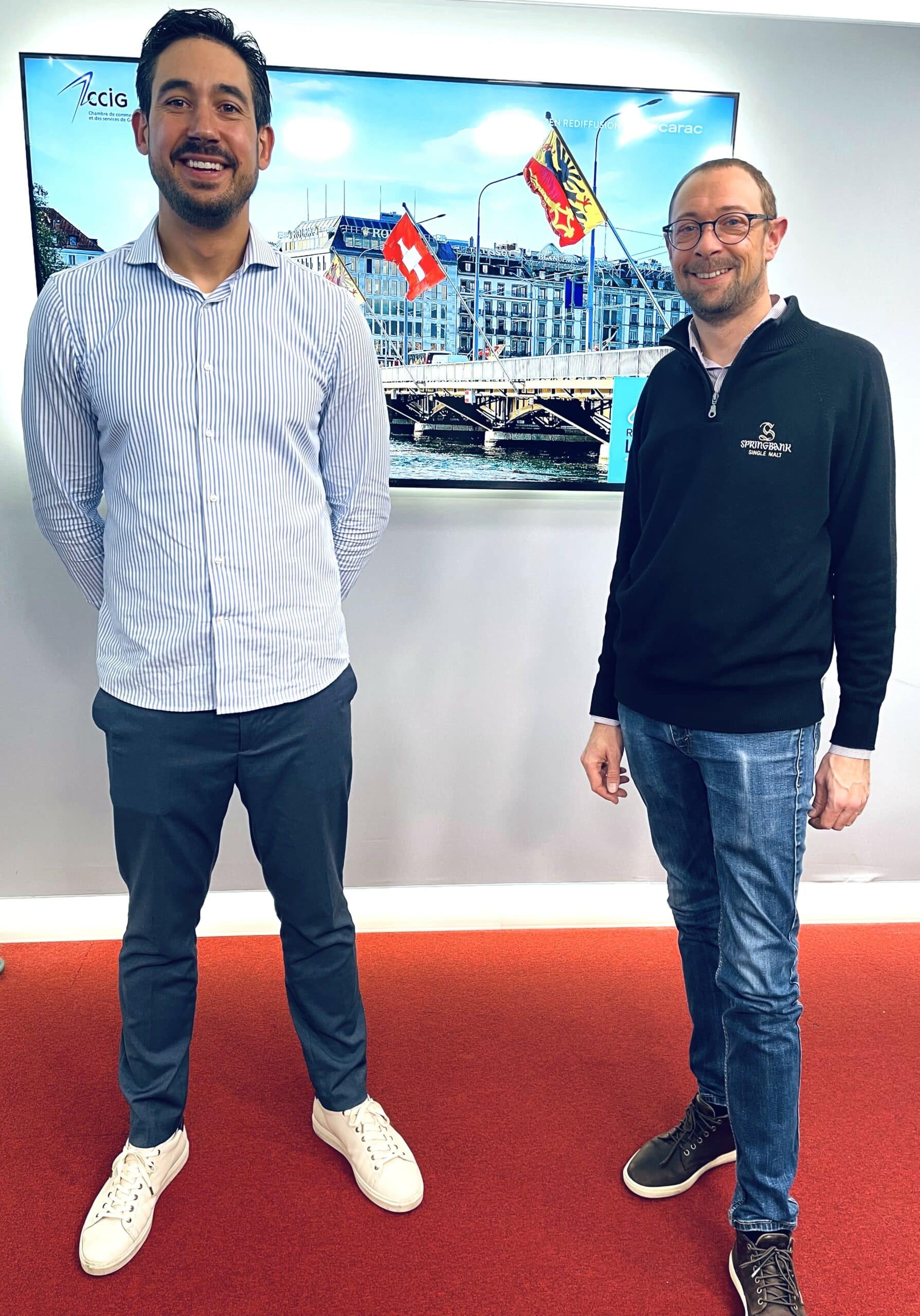

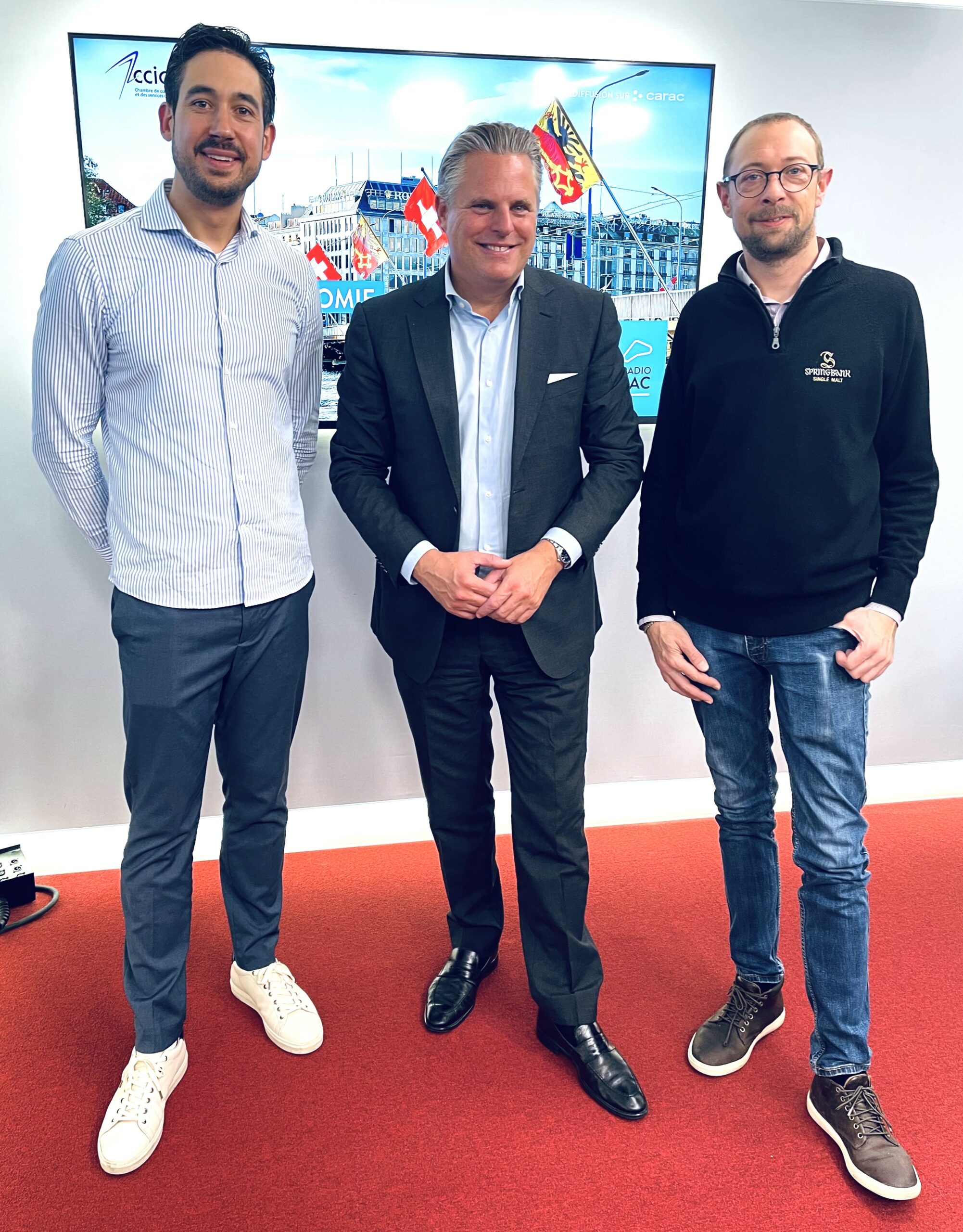
Tagged with: Radio Lac
